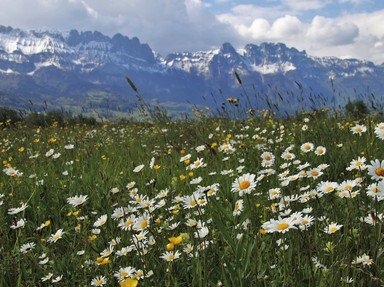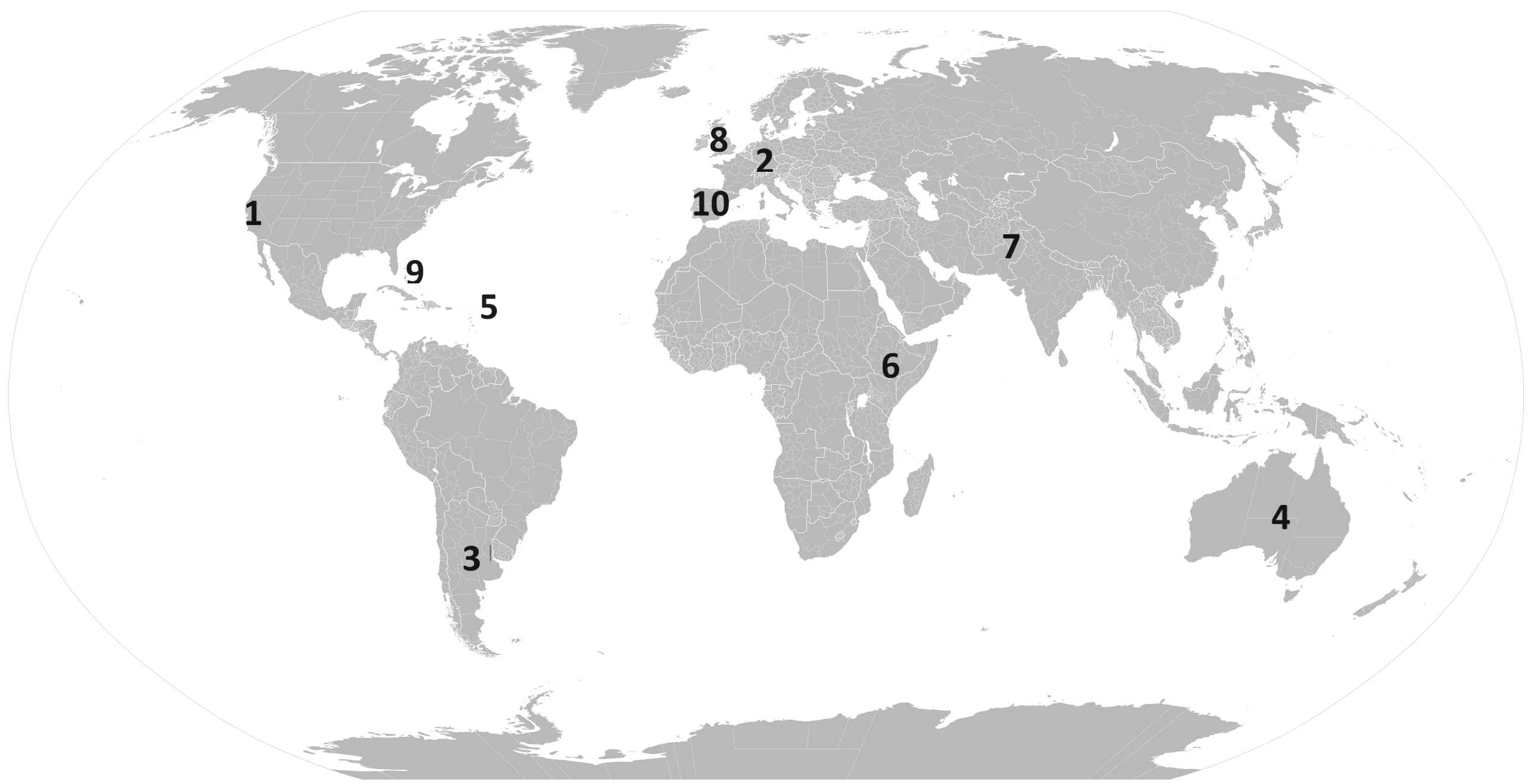
Then Came the Last Days of May Quiz
May Holidays
There are many special days of observance (not all of them public holidays) around the world during May. Can you identify the location where you might observe each of these days, all occurring in the last week of May?
A label quiz
by looney_tunes.
Estimated time: 3 mins.
- Home
- »
- Quizzes
- »
- World Trivia
- »
- Seasonal
- »
- May & June
